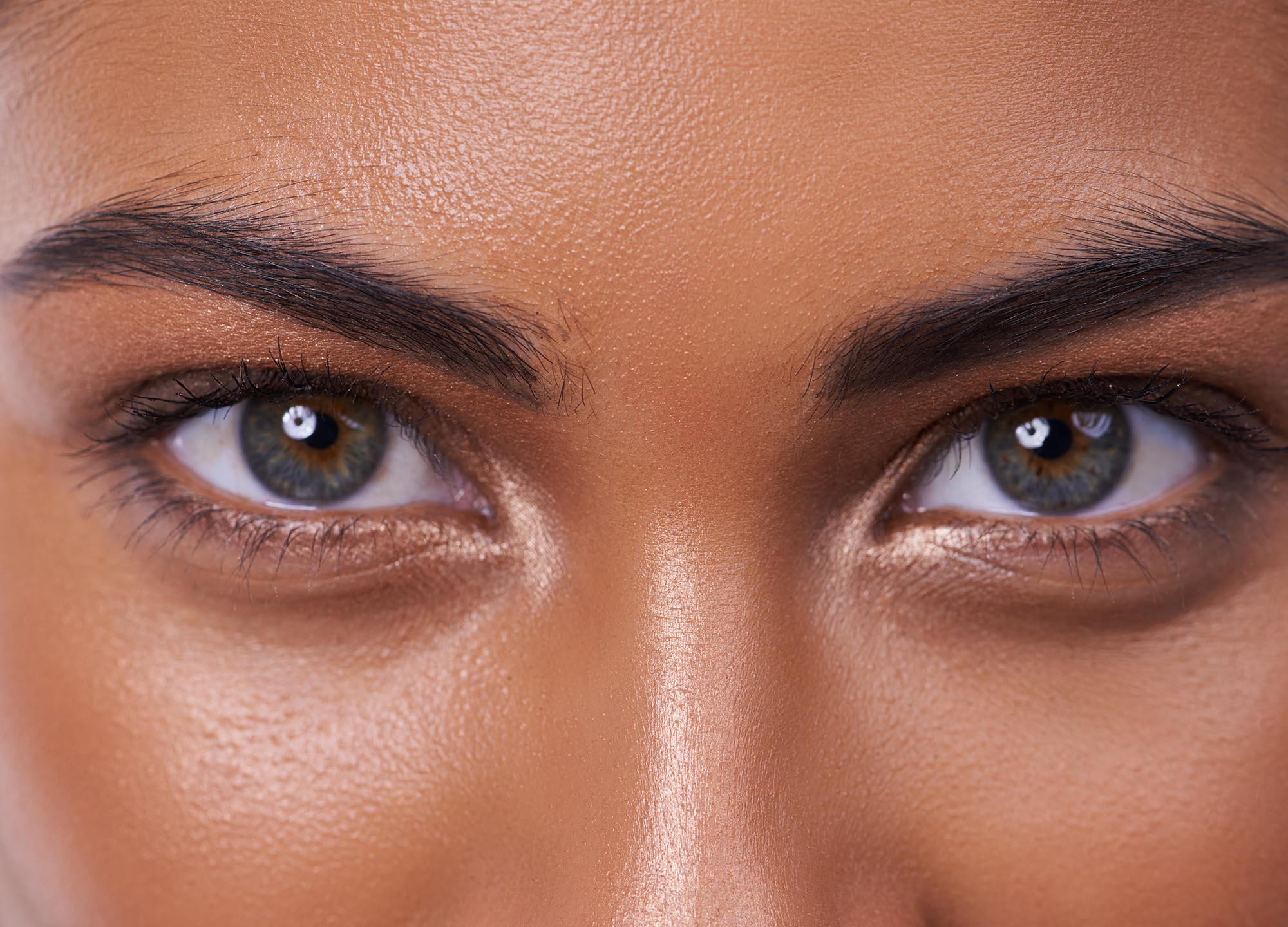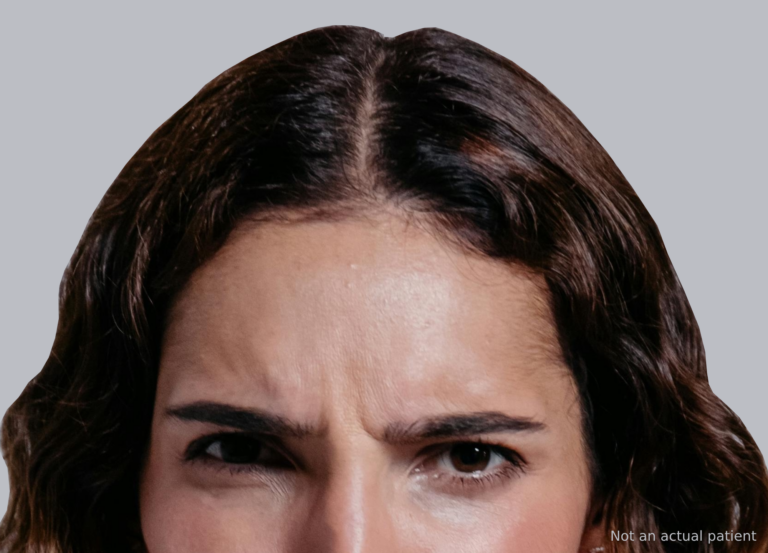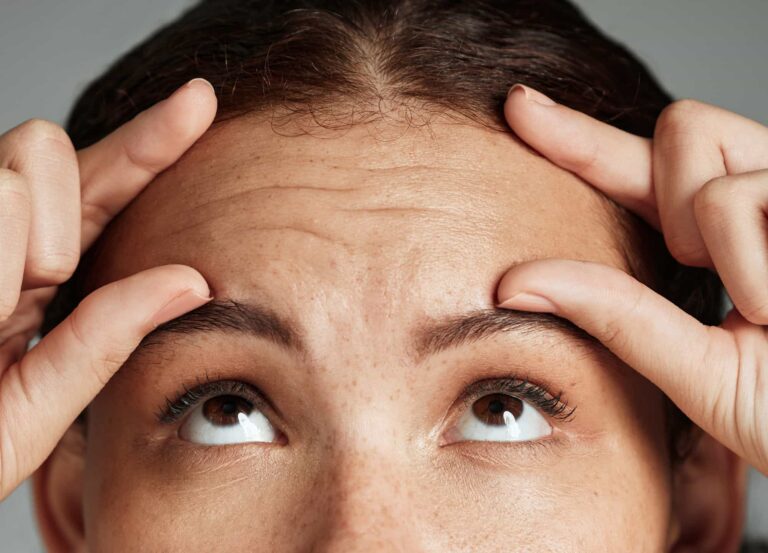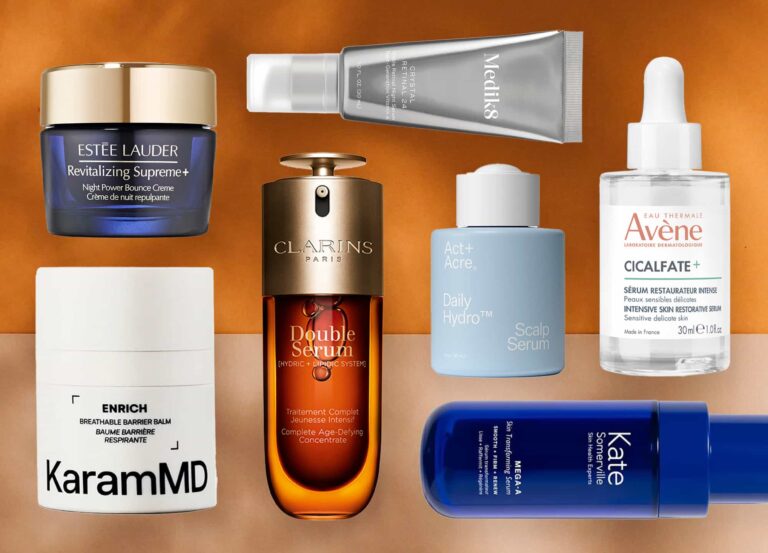Let’s face it: life is unpredictable. And more often than not, beauty can take a back seat when things get hectic. If you have regularly scheduled injectable appointments, it’s likely you’ve had to rebook due to unforeseen circumstances, at one point or another. Maybe your budget is running a bit short that month, or maybe you’re under a nationwide quarantine due to the ongoing coronavirus outbreak. But whatever the reason, you’re probably wondering whether there’s anything you can do to prolong the life of your pricey injectables during a syringe hiatus. Here, two plastic surgeons and a dermatologist weigh in.
Related: The Ultimate Guide to Fuller Lips—From Plumping Glosses to Silicone Implants
First, is it even possible to extend your Botox and filler results?
The answer to this one is tricky, as multiple experts have different viewpoints on the subject. Dr. Konstantin Vasyukevich, a board-certified facial plastic surgeon in New York City, says that although there are many factors that determine how long Botox and fillers would last—including the size and the strength of the facial muscles, variability in metabolism, and possible immune response to the proteins in the injectables formulation—very few of these factors are under our direct control.
However, there are some ways we can assist the rejuvenating effects of injectables and hence continue to look more youthful than we did preinjection. “Use of sunscreen will help to prevent skin collagen breakdown and preserve its elasticity, and regular application of skin moisturizer will aid Botox in preventing the formation of the wrinkles,” he says. “Retinol, skin peels, good hydration, and healthy eating will all have an effect on our skin health and will minimize the need for more expensive treatments.”
Dr. Michele Green, a board-certified dermatologist in New York City, agrees, adding that while there are several things we can try in order to extend the life of our injectables, it depends on the condition of your skin and how long you have been doing these procedures. “The key to great skin is cell turnover and hydration—the faster your skin cells reproduce healthy, newer skin cells, the more collagen it will produce,” she says. “Collagen is what makes the skin look plump and younger-looking, so the more of it you produce naturally, the longer [the look of] your Botox and dermal fillers will last.”
To proactively try to extend the life of your Botox and fillers, Dr. Green says to start with adjusting your skin-care routine before your injection appointment even happens. “Your skin-care routine should entail hydration and collagen-boosting ingredients, such as hyaluronic acid and retinol.” These ingredients improve the quality of the skin and help reduce signs of aging, which in turn will help to make your injection results appear to last longer. A moisturizer with hyaluronic acid—like Kate Somerville Wrinkle Warrior 2-in-1 Plumping Moisturizer + Serum ($95)—will ensure your skin gets all the hydration it needs to keep its cells healthy.
In addition to hyaluronic acid, there are the collagen-boosting effects of using retinol. “Retinols work at the cellular level by helping to turn over the top layer of the skin [and] therefore causing increased collagen production,” says Dr. Green. Try RoC Retinol Correxion Line Smoothing Night Serum Capsules ($33), which pair pure retinol with antioxidants to smooth lines and wrinkles pre- and post-injection.
Related: Forget the Face—Botox is Now Being Used for Body Contouring
Are there any specific products that might help?
According to Dr. Jennifer Levine, a board-certified facial plastic surgeon in New York City, there are no topical products available that are as effective as injectables. “However, certain products like peptides, specifically hexapeptides, may help relax wrinkles,” she says. “Other peptides may help with collagen, which affects wrinkles overall. Personally, I like peptides in serums—like Neocutis Bioserum Firm ($275).”
Dr. Levine also recommends hyaluronic acid serums. “Hyaluronic acid is what gives the skin its natural radiance,” she says. “I like SkinCeuticals Hyaluronic Acid Intensifier [$100]), which amplifies the skin’s own hyaluronic acid [production].”
Additionally, the ALASTIN Skincare INhance Post-Injection Serum with TriHex Technology ($55) works with skin to clear out damaged elastin and collagen, further supporting the skin’s natural ability to produce new elastin and collagen and help you look youthful.
Are there any products that definitely won’t extend the life of injectables (but claim to)?
Dr. Green isn’t a fan of the at-home devices made with radiofrequency technology (which typically tout anti-aging benefits) because they aren’t FDA-approved and have no studies to support their efficacy. “Stick to what is tried and proven, with scientific research [and] studies to support the claims being made,” she says.
Dr. Levine seconds that stance, telling her patients to always stick with medical-grade skin care or prescription products like Retin-A. “These products have science behind them—otherwise it’s all hype,” she says. “Advertising and pretty bottles or expensive scents don’t equate to good results.”











